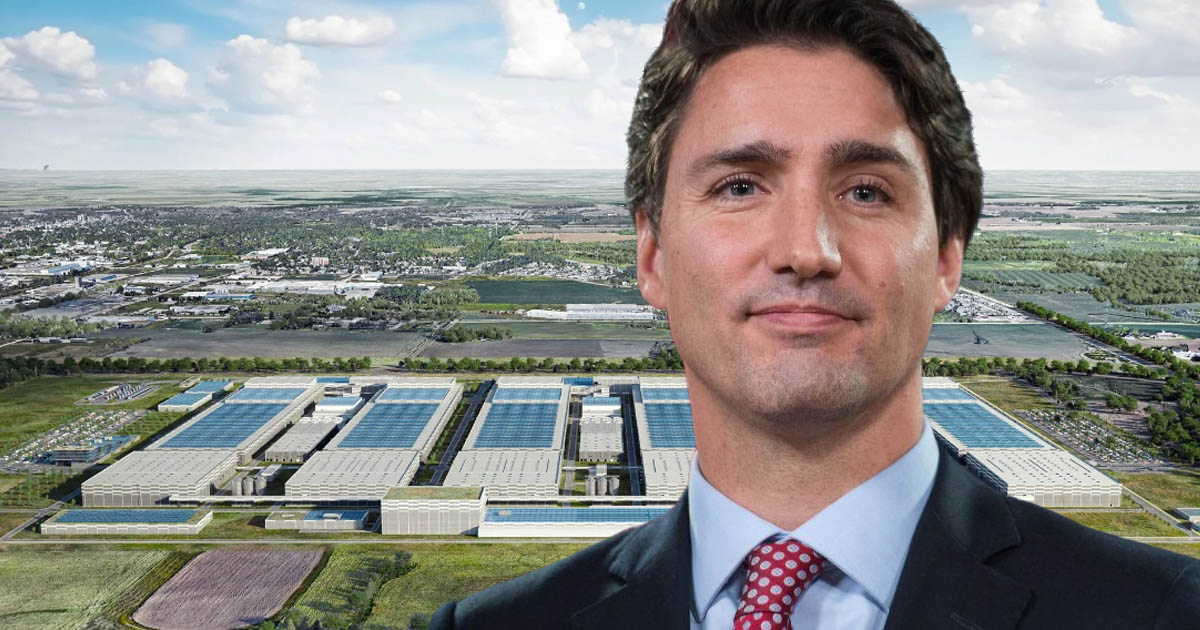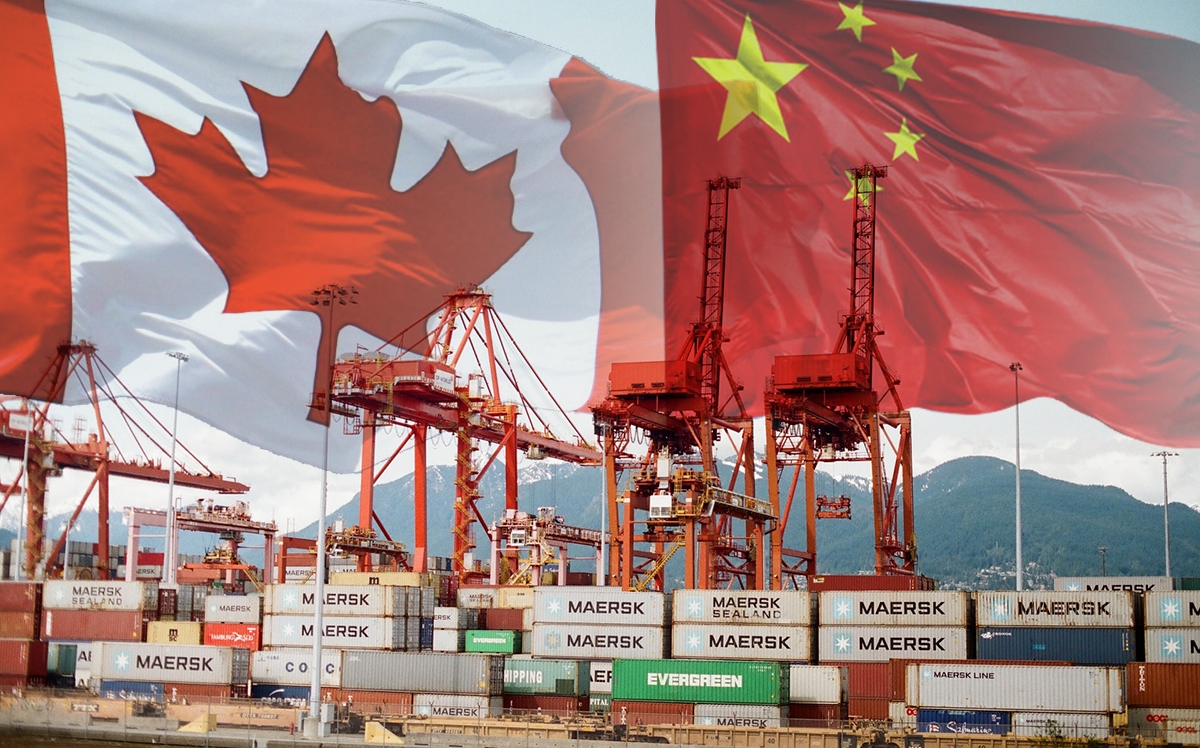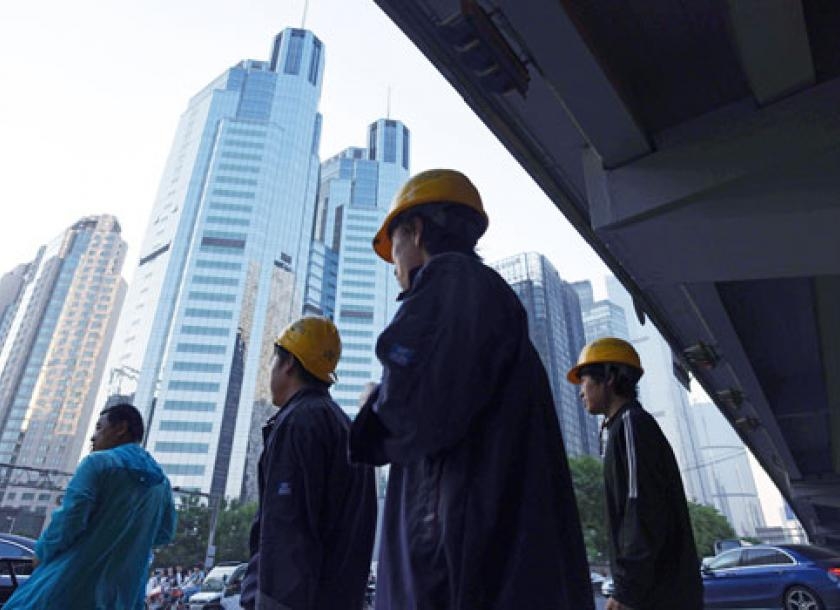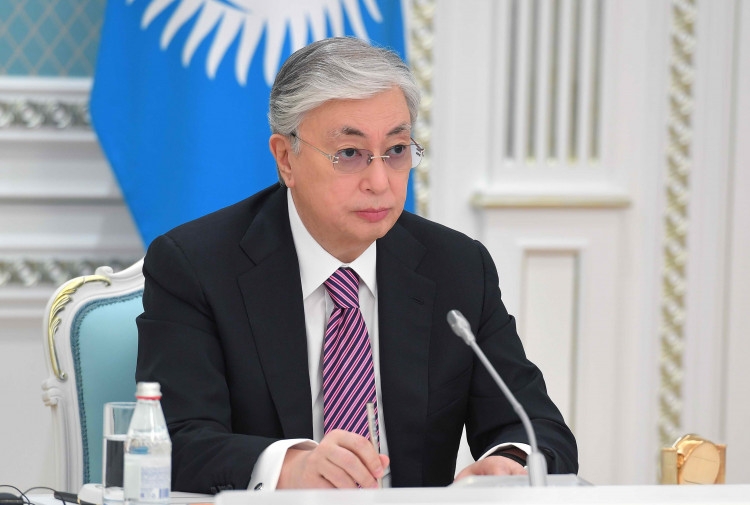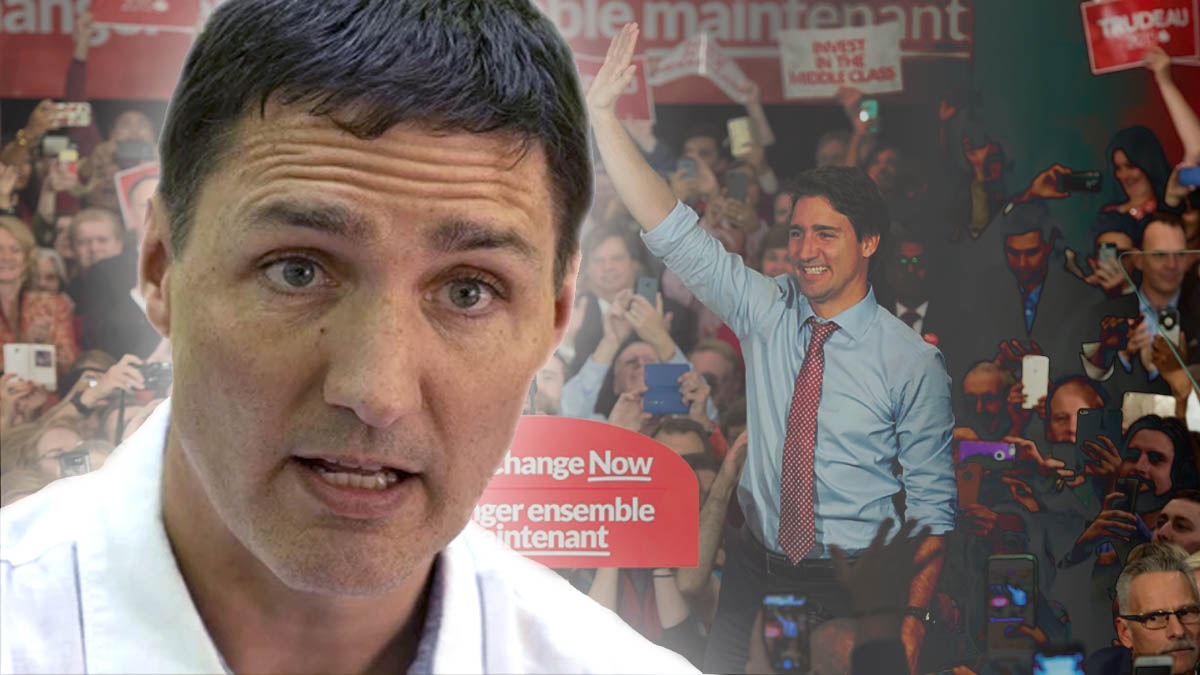
Can Justin Trudeau rebuild his popularity?
Written in collaboration with Karen Gordon
Politicians don’t go into elections to lose. It’s possible that the current low poll standings for Liberals against Conservatives and Justin’s personal popularity will remain low for the next three years. If Pierre Poilievre wins as CPC leader and finds a way to appeal to urban and suburban Canadians, then Justin Trudeau may not want to drag his party to defeat. This would lead to a leadership race and a new face for the party to take on Poilievre.
This scenario is by no means certain, but it will be talked about, as will a PM tired of being blamed for every ill to beset Canada, a recession, and the endless threats and attacks coming at him from so many quarters in the era of social media. This all may wear him down and lead to the understandable “time to spend more time with family” familiar explanation.
A big caveat is that this will not happen if Trudeau finds his way to rebuild the popularity he enjoyed in the 2015 election and the “sunny ways” that followed his victory. Part of this popularity related to the ease with which he related to Canadians.
It was an attractive image we saw again recently when he attended events at the Calgary Stampede. Coverage offered photos that captured a politician who always seems to draw genuine joy from talking to ordinary Canadians. It felt like the Trudeau of the 2015 campaign when he was casual and straight. Accessibility was so important to his appeal, and the contrast with the hard, unapproachable Stephen Harper played greatly to his advantage. His communication style in that campaign, particularly in the debates, was relaxed and relatable.
Unfortunately, since the last election, we have become inured to a more formal rehearsed style. Perhaps a decision was made that serious pandemic and serious economic times demanded serious delivery. Even the “I feel your pain” messages seemed, at times, to lack authenticity or a genuine sense of connection that was Trudeau’s strength. There’s a gulf between that stiff, overly formal style, which is at odds with his more natural casual communications style. At times, he sounded like he was giving instructions to a school assembly rather than informing, updating, and relating to Canadians. If style trumps message, then that’s a communications fail.
The opposition is ramping up its attacks using Trump-style tactics, a grassroots, casual and direct approach unfiltered by traditional media to engage with populist ideas that aren’t always based on fact. Attention spans are short. People are listening and not checking their facts or are deeply suspicious of conventional media sources. In the mass anxiety of inflation, they want politicians to talk to them on their media about their concerns in their language.
But surely Trudeau’s been prime minister now for long enough to initiate real dialogue with the country. He would do well to consider shifting away from his overly formal style and find one that allows him to talk directly about the serious issues we all face.
This would involve a technical fix, not beyond the skill set he and his team possess. And a more likeable PM that doesn’t sound like an elite would definitely find a response. And it would be noticed.
The other strategy that is very hard for politicians to adopt but shows honesty with the public is admitting that there is no quick fix to some of the vast issues besetting Canada and much of the world. There are simply hills that are not worth dying on. Inflation may indeed be one of them.
Finally, there are now polling indications that Trudeau is seen as a more desirable prime minister than Poilievre. The latter, with nothing to lose at this point, is a glib performer who has provided Liberal election campaign planners with a treasure trove of bizarre video material which, negatively presented, can turn off many Canadians.
These are the factors weighing even now in the PMO that make the earlier scenarios we put forward somewhat less likely. But beware, the current political climate is more polarized and fraught than ever thanks to social media, the influence of Trump-style politics, and other factors. Canadian politics is on a downward spiral. More potential candidates will look at politics in horror and not put their names forward, and many Liberals will decide not to run again. It’s too nasty and even dangerous. Ask former Liberal Minister Catherine McKenna, who chose not to run again to spend time with her family. She was bullied in the House, and her riding office was vandalized.
To review. There are many question marks and several viable scenarios for Justin Trudeau leading up to the next election. His communication style needs a remake. That could rebuild his popularity as well as Canadians taking a closer look at Poilievre and perhaps with the help of negative Liberal ads seeing Justin as a more desirable mainstream leader.
All voters can do is stay tuned — it will be a bumpy ride.
Patrick Gossage is a veteran political commentator and former Press secretary to Prime Minister Pierre Trudeau. Karen Gordon is a well-known critic, writer, broadcaster, media strategist, and trainer.
Photo: via CTV news

